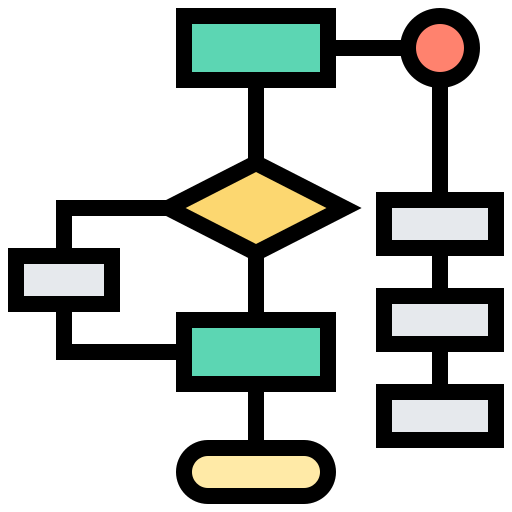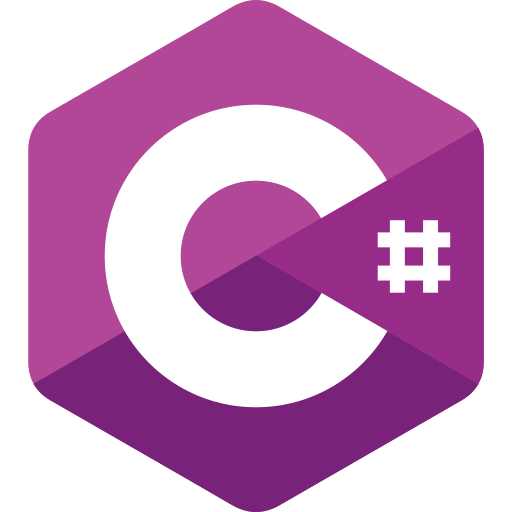Ah, the sacred text has been revealed! Forget all those fancy design patterns, architecture principles, and code reviews. The real golden rule of programming is the ancient art of "if it works, don't touch it." Nothing captures the existential dread of a developer quite like that moment when your janky, duct-taped code somehow passes all tests. You know deep in your soul it's a house of cards waiting to collapse, but deadlines are deadlines. So you quietly whisper "I'll refactor it later" (narrator: they never did ), and commit that monstrosity to production. Future you will hate present you, but that's a problem for future you. And isn't that what programming is all about? Creating problems for our future selves?


 AI
AI
 AWS
AWS
 Agile
Agile
 Algorithms
Algorithms
 Android
Android
 Apple
Apple
 Bash
Bash
 C++
C++
 Csharp
Csharp











